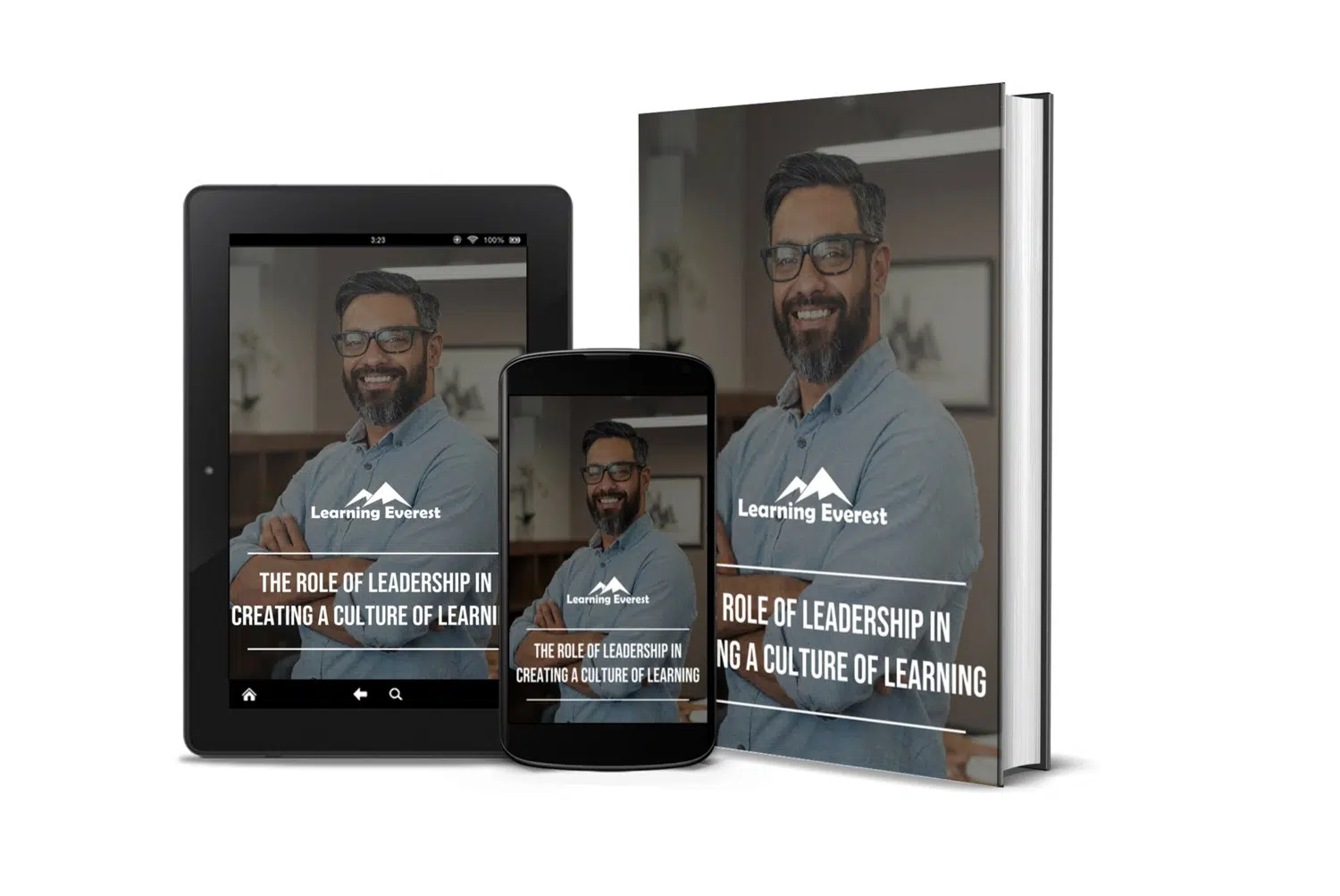Learning Everest regularly publishes articles on Learning Culture which are information rich and provides the readers opportunity to ask questions. If you want us to assist your organization to develop learning culture and to help create a learning glidepath for your organization, please feel to schedule a meeting to discuss your learning requirements.
Immersive Learning: Entering into a Future Beyond the Classroom
Immersive learning fundamentally is changing the way people learn and grow. Immersive learning, as a mode of eLearning method, is highly interactive and has a high-fidelity rate. To maintain the existence and the expansion of the technological era, immersive Learning leverages technologies such as Virtual reality (VR), Augmented reality (AR), Mixed Reality (MR), and Simulation learning to enable the learning process. These tools work for businesses, and they work for people. With the help of immersive learning tools, organizations can teach their employees better, faster, and more efficiently than traditional training methods. VR-based programs can improve performance by 70%. Moreover, 97% of learners would like to take an immersive course (Source: VRARA, ET & S). 7 out of 10 teachers want to use immersive technology to simulate experiences (Source: VRARA, ET & S). But what is immersive learning? And how do we create an immersive Learning environment?








